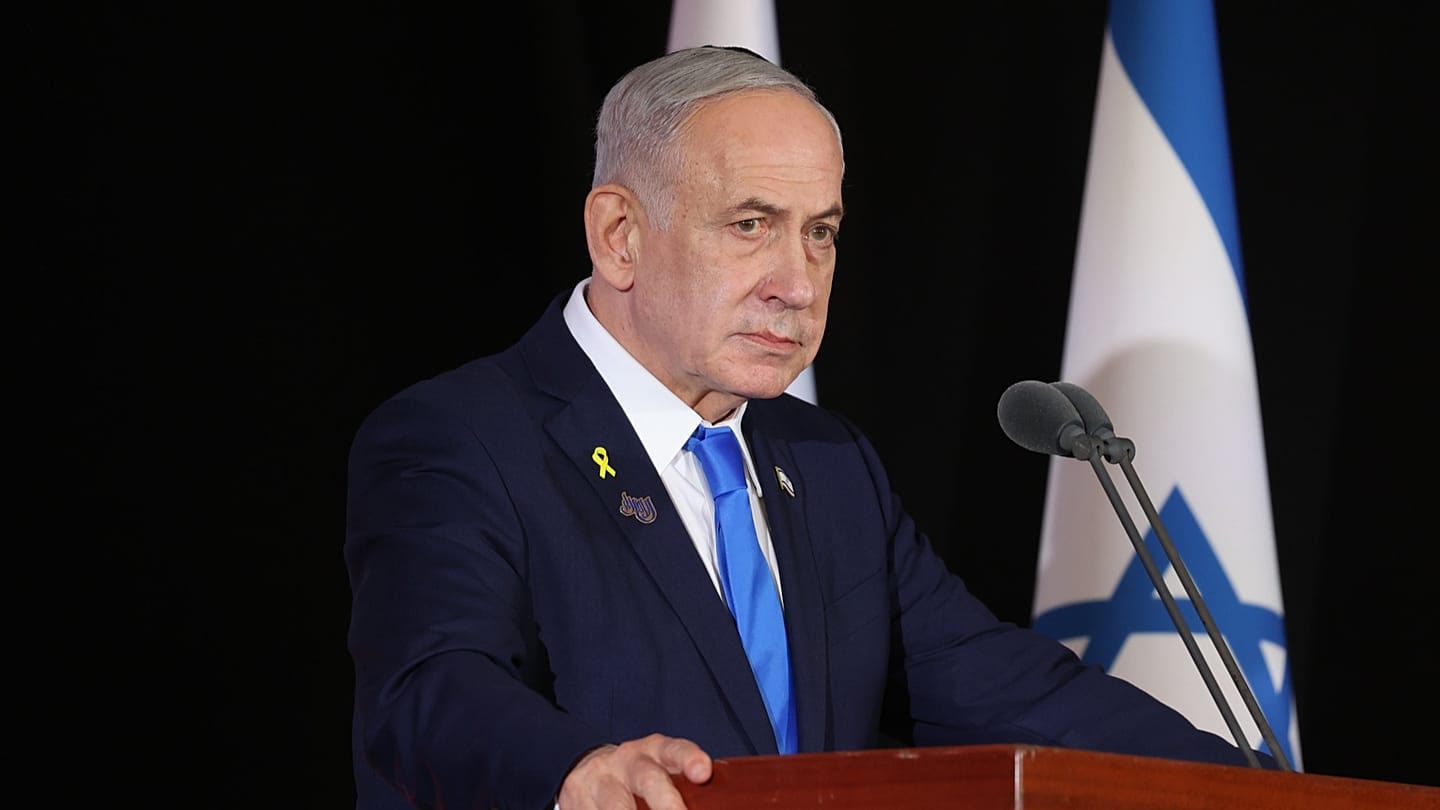
Israel has threatened to ramp up its attacks against Hezbollah in southern Lebanon if the Lebanese government failed to disarm the militant group, despite a ceasefire agreement between the two.
Israeli Prime Minister Benjamin Netanyahu warned that Hezbollah was seeking to rearm and that Israel would act in the name of “self-defence”, claiming such operations were in line with the “terms of the ceasefire”.
“We will not allow Lebanon to become a renewed front against us, and we will act as necessary,” Netanyahu said at a press conference on Sunday.
He emphasised that Israel reports to the United States but does “not ask for permission,” adding that Israel maintains responsibility for its own security.
Also on Sunday, the Israeli military confirmed in a statement it killed four Hezbollah members.
A ceasefire between Israel and Hezbollah, mediated by the US and France, was established in November last year, however, Israel has continued to launch frequent strikes at Lebanon, saying it is targeting Hezbollah militants and facilities.
Israel’s forces also continue to occupy multiple strategic points on the Lebanese side of the border.
While Hezbollah has become significantly weakened in the past year, the group remains armed.
Lebanese officials have previously said Israel’s strikes often harm civilians and destroy infrastructure unrelated to Hezbollah and have called for Israeli forces to withdraw. They have also warned that Israel’s attacks give the group a pretext to hold onto its weapons.
According to Lebanon’s health ministry, more than 270 people have been killed and roughly 850 wounded by Israeli military actions since the ceasefire. 107 of those killed were civilians, the UN human rights office found.
No Israelis have been killed by fire from Lebanon since the ceasefire.